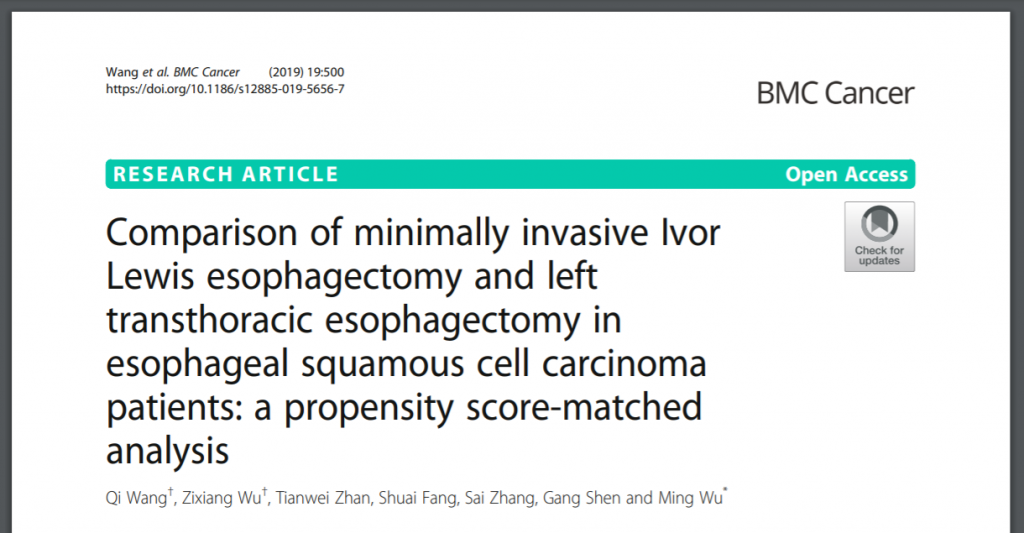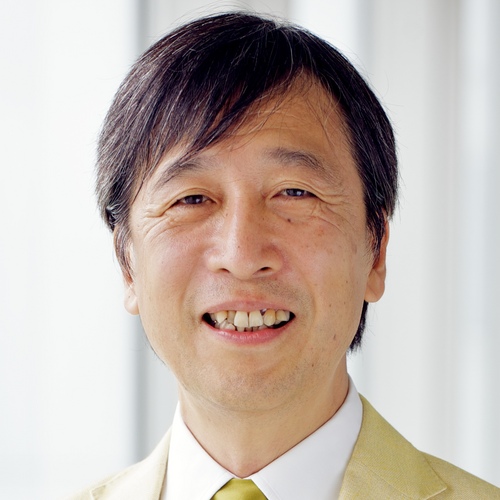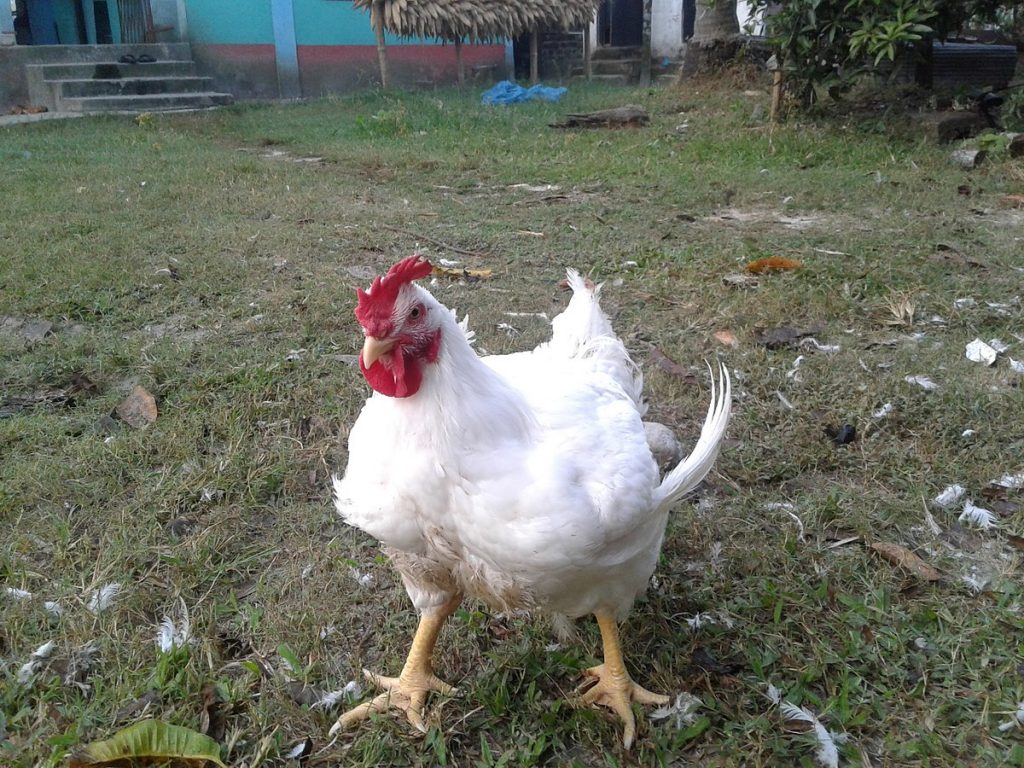
After whistleblowers in China prompted the retraction of a 2018 paper that overstated the number of patients treated in a study, another journal says it’s investigating a second article by the same group.
Last month, as we reported, the Journal of Surgical Oncology retracted “Long‐term outcomes of 530 esophageal squamous cell carcinoma patients with minimally invasive Ivor Lewis esophagectomy.” The move was prompted by whistleblowers who notified the journal that the 530 cases could not have been performed at the authors’ institution, Zhejiang University, in Hangzhou.
After our post, a Twitter user pointed us to a second article by the group, in BMC Cancer, which claimed to report data on 697 subjects over just one additional year — a highly improbable figure.
Continue reading Cancer surgery group in China may lose second paper





